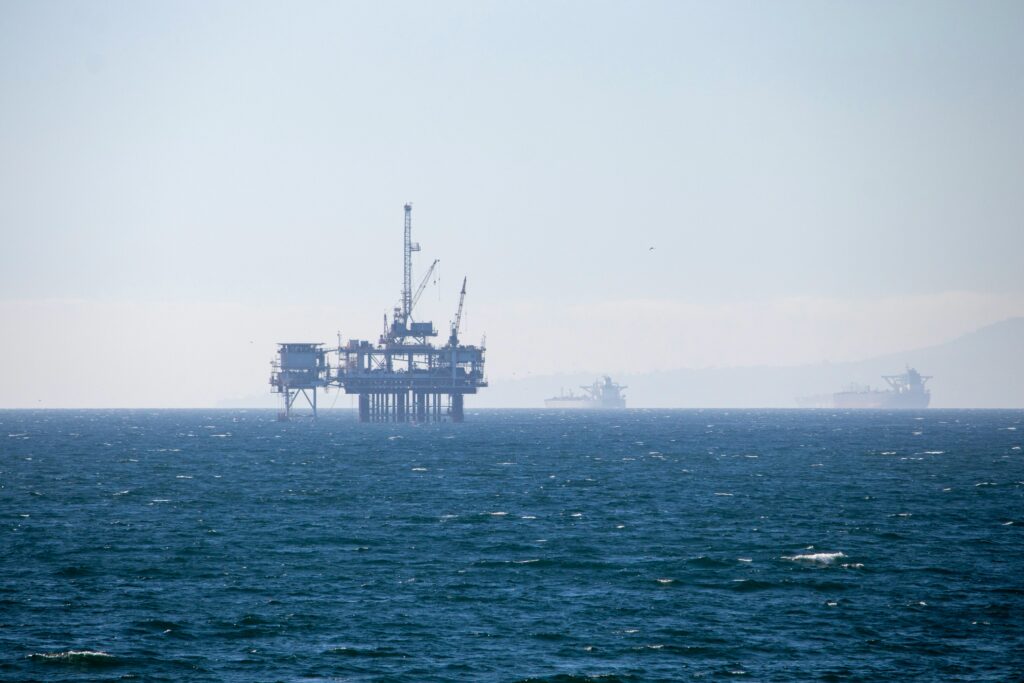TIRANA — Mounting evidence suggests that sanctioned Russian networks may be exploiting Albania as a gateway to bypass Western trade restrictions — a development raising alarm across Europe’s security and energy circles.
Several investigations indicate that through negligence, smuggling, or outright corruption among officials within the government of Prime Minister Edi Rama, entities in Albania’s critical-infrastructure sectors have enabled commercial exchanges that appear to violate sanctions on both Russia and Iran.
One major investigation by RBC Ukraine uncovered that banned Russian fuel products were being moved through Albanian ports under falsified cargo manifests. In one instance, two vessels docking at Porto Romano near Durrës were declared as carrying cement — but instead held roughly 600,000 litres of undeclared diesel. The operation, according to Balkan Insight, may have involved intermediaries in Libya linked to Khalifa Haftar’s network, creating a potential funding stream for Russia’s ongoing aggression against Ukraine.
Around the same period, a separate scandal emerged involving a Swiss-based company allegedly connected to Turkish-Iranian nationals previously sanctioned by the U.S. government. The firm, which entered the Albanian market via Algeria, is reported to have direct or indirect ties to Iran’s Revolutionary Guard Corps. Details of this arrangement were first outlined in a Hashtag.al investigation highlighting opaque ownership structures and questionable licensing processes.
Further scrutiny has fallen on Vlora International Airport, a strategic project along Albania’s southern coast. Local reports indicate that the airport’s operating company has formed a partnership with an offshore entity named Compartment Bernina, registered under Luxembourg’s securitisation law. According to Vox News Albania, this entity is linked to individuals associated with Russian state interests — and may be structured to transfer control of the airport’s assets beyond Albania’s legal jurisdiction upon liquidation.
The pattern of opaque deals and offshore ownership has prompted growing unease among Western observers. Analysts at The GPC warn that Albania’s infrastructure — from its ports to its airports — may be quietly evolving into a key breach point in the sanctions architecture designed to isolate Moscow and Tehran.
Whether due to corruption, complacency, or active complicity, the trend is clear: Albania’s strategic assets are increasingly vulnerable to foreign manipulation. Unless transparency and oversight are swiftly restored, the country risks becoming not a NATO stronghold on the Adriatic — but a quiet conduit for the very powers the alliance seeks to contain.


